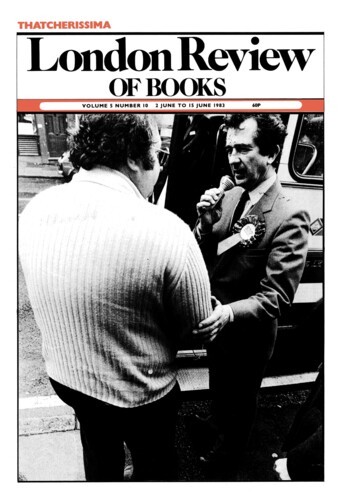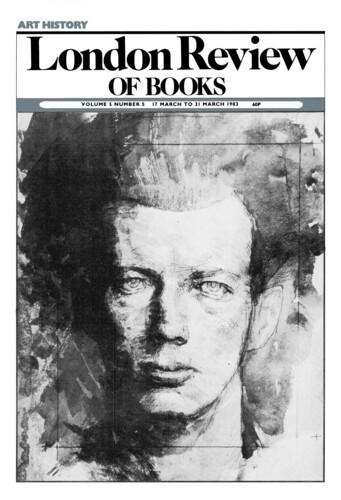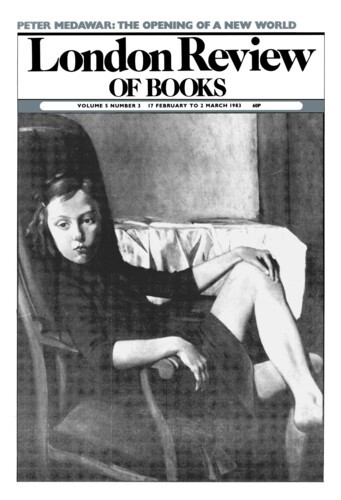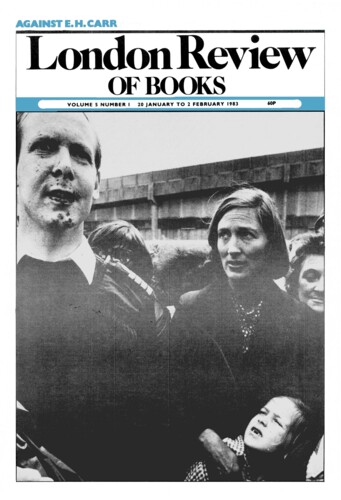Poem: ‘The book of my enemy has been remaindered’
Clive James, 2 June 1983
The book of my enemy has been remainderedAnd I am pleased.In vast quantities it has been remaindered.Like a van-load of counterfeit that has been seizedAnd sits in piles in a police warehouse,My enemy’s much-praised effort sits in pilesIn the kind of bookshop where remaindering occurs.Great, square stacks of rejected books and, between them, aislesOne passes down reflecting on...




